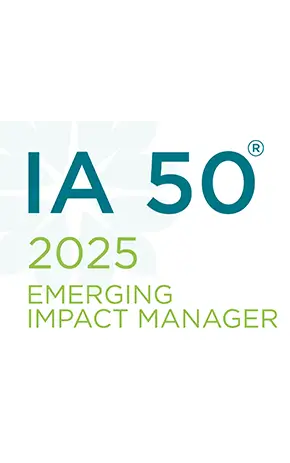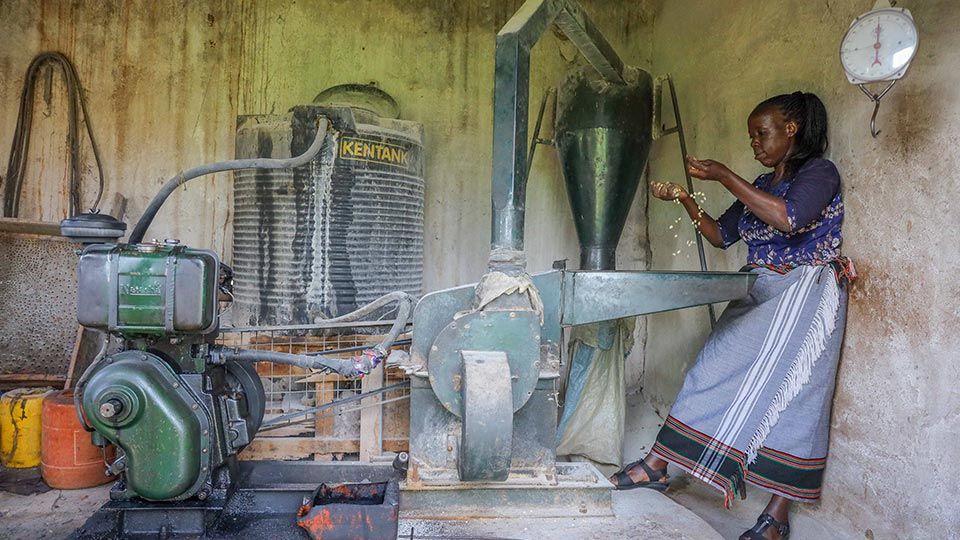
Amid the bustling villages of rural Kenya, individuals like Mary Malelu embarked on entrepreneurial journeys, striving to make ends meet with limited resources. Despite her perseverance, she faced challenges accessing the financial resources she needed to expand her ventures.
A success story from rural Kenya
Mary's situation improved significantly when she joined her local women's group, supported by the microfinance company Yehu. Here she found not just a group, but a supportive community of like-minded women who all had similar aspirations for financial independence and empowerment. Through the group, Mary learned the basics of financial education, starting with a three-month membership focused on savings and money management.
Her financial advisor emphasized the importance of discipline and planning. With a minimum loan of (Kenyan Shilling) KES 30,000 / approx. USD 200 and monthly contributions of KES 4,500 / approx. USD 30, she started her self-employment and took clearly defined steps towards her goals. Mary invested in her tailoring business and ensured the continued operation of her Ugali* mill through essential repairs.
With each loan installment repaid, her self-confidence grew. In 2018, Mary further expanded her business with a loan of KES 50,000 / approx. $315. The following year, she invested in her children's education with a loan of KES 70,000 / approx. USD 530. By 2023, Mary secured another loan of KES 90,000 / approx. USD 570 which she is currently paying back.
By 2019, her women's group had grown from five members to nearly thirty. Although interest in joining was high, they prioritized educating potential members about financial responsibility.
Mary's story is indicative of a broader societal shift in Kenya, where initiatives such as Chamas and microfinance have become crucial to promoting inclusive economic development. Chamas are informal savings and investment groups popular in Kenya and other parts of East Africa. The word “chama” means “group” or “association” in Swahili. In a chama, members pool their resources, usually through regular contributions, and then use the shared funds for various purposes such as savings, investments or loans. Originally created as informal savings groups, chamas quickly gained popularity among women seeking financial empowerment. What began as individual initiatives soon evolved into collective efforts, with women coming together to support each other's aspirations.
Notably, this trend transcended gender boundaries, with men also forming their own chamas to participate in the economic empowerment movement. Through initiatives like Chamas and microfinance, people like Mary are not only transforming their own lives, but also contributing to inclusive growth and prosperity in Kenya's changing financial landscape.
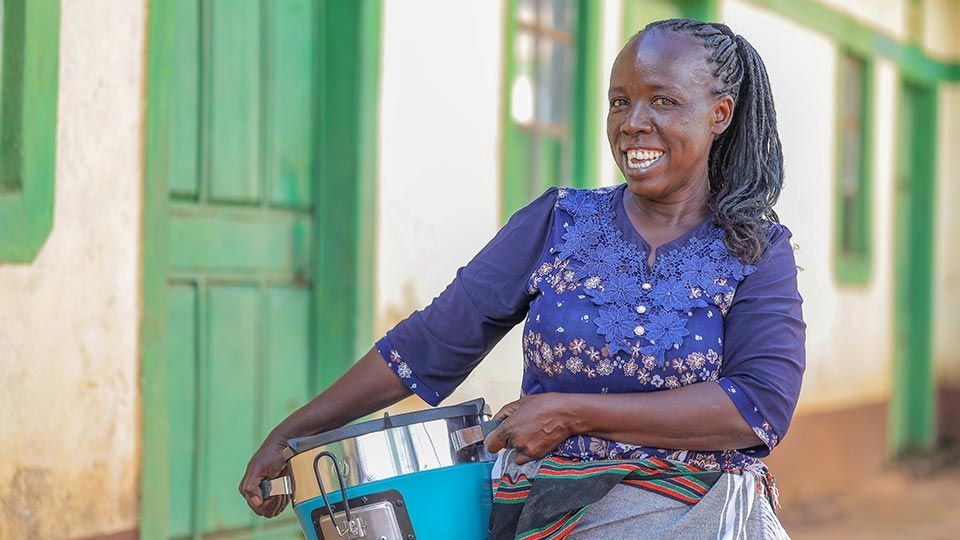
(Short portrait:) Mary is an entrepreneur from rural Kenya who achieved financial independence through her membership in a women's group supported by the Yehu microfinance institution. Their story reflects the success of collective efforts and the transformative power of initiatives like Chamas in Kenya's economy.
* “Ugali” is a traditional African dish particularly popular in Kenya and other parts of East Africa. It consists mainly of cornmeal and water cooked into a thick porridge. Ugali has a firm consistency and is often served as a side dish to various meat or vegetable dishes. It is a staple in East African cuisine and is widely consumed due to its simplicity and satiating qualities.
